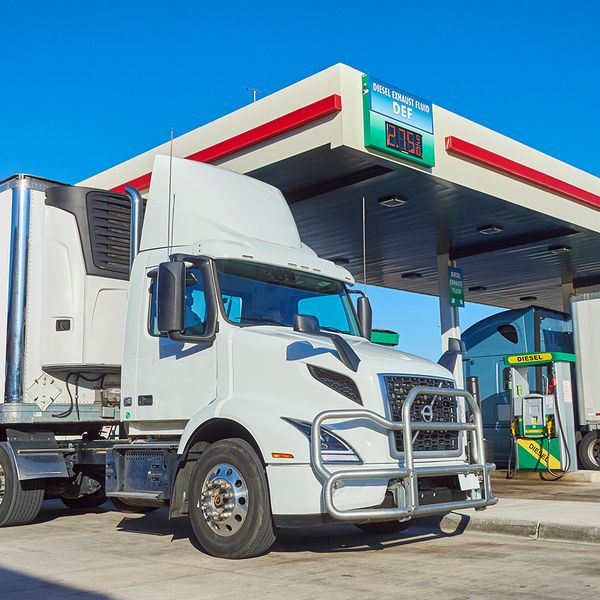Driving toward sustainability: Hydrogen trucks paving the road ahead
The trucking industry is the lifeblood of modern commerce, ensuring that goods are transported efficiently and reliably across vast distances. However, this industry also plays a significant role in greenhouse gas emissions and air pollution due to its reliance on diesel fuel.
In an era of increasing environmental awareness and tightening emissions regulations, trucking companies are seeking cleaner and more sustainable alternatives. Hydrogen vehicles are emerging as a promising solution, offering several benefits for carriers looking to embrace a more eco-friendly and efficient future.
How hydrogen fuel cells function
Hydrogen trucks work on a clean and efficient technology that harnesses the energy of hydrogen to power an electric motor. The process begins with storing hydrogen gas in high-pressure tanks on the truck. The heart of a hydrogen truck is the fuel cell stack. The stack consists of multiple individual fuel cells and when hydrogen is supplied to the cells, a chemical reaction occurs within the stack.
The hydrogen stores energy, flows into the fuel cells, reacts with oxygen, and creates electricity for the electric motor.
Environmental sustainability
One of the primary advantages of hydrogen trucks is their significant contribution to environmental sustainability. Unlike traditional diesel-powered trucks, hydrogen fuel cell vehicles produce zero tailpipe emissions. They emit only water, making them an attractive option for companies aiming to reduce their carbon footprint and comply with strict emissions regulations. By transitioning to hydrogen-powered trucks, motor carriers can play a vital role in reducing air pollution and greenhouse gas emissions, contributing to a cleaner and healthier planet.
Extended range
Motor carriers that depend on long-haul operations, and hydrogen trucks offer a distinct advantage in this space. They typically have a longer range compared to electric trucks because of the high energy density of hydrogen. This extended range ensures that carriers can complete longer dispatches without the need for frequent refueling, resulting in enhanced operations and efficiency, and reduced downtime. Click here to learn more about additional green vehicles.
Quick refueling
The time spent refueling or recharging a truck directly impacts productivity. Hydrogen trucks provide a significant advantage due to their quick refueling process. Unlike electric trucks, which can take hours to charge, hydrogen trucks can be refueled in a matter of minutes, often just as fast as filling a diesel tank. This rapid refueling minimizes downtime to keep their fleets on the road, where they belong.
Weight efficiency and versatility
Weight is a crucial factor in the design and operation of trucks. Heavier vehicles require more energy to move, leading to reduced fuel efficiency. Hydrogen fuel cell systems are lighter than the massive battery packs required for electric vehicles (EVs). This weight advantage can optimize the weight distribution in trucks, enhancing handling and overall fuel efficiency. Lighter trucks also lead to reduced wear and tear on tires and brakes, resulting in additional cost savings.
Hydrogen trucks are versatile and can be adapted for use in a wide range of truck types. This adaptability makes them suitable for different transportation needs, offering trucking companies the flexibility to transition to hydrogen-powered vehicles throughout their fleets. Another option for carriers is hydrogen vehicles powered by internal combustion engines. They are receiving increased attention, especially among medium and heavy-duty trucks.
Infrastructure development
To support the widespread adoption of hydrogen trucks, an infrastructure for hydrogen refueling stations is gradually expanding. Government and private companies are investing in the technology, ensuring that hydrogen trucks have the necessary support to operate.
The adoption of hydrogen trucks is not without challenges. The initial cost of these vehicles is higher than traditional diesel trucks, but incentives and the long-term operational savings can offset the cost. Additionally, the production of hydrogen itself must become more sustainable, relying on renewable energy sources to produce “green hydrogen.”
Key to remember: Motor carriers can reap the benefits of reduced emissions, extended range, quick refueling, and versatility by adopting hydrogen-powered trucks.






















































